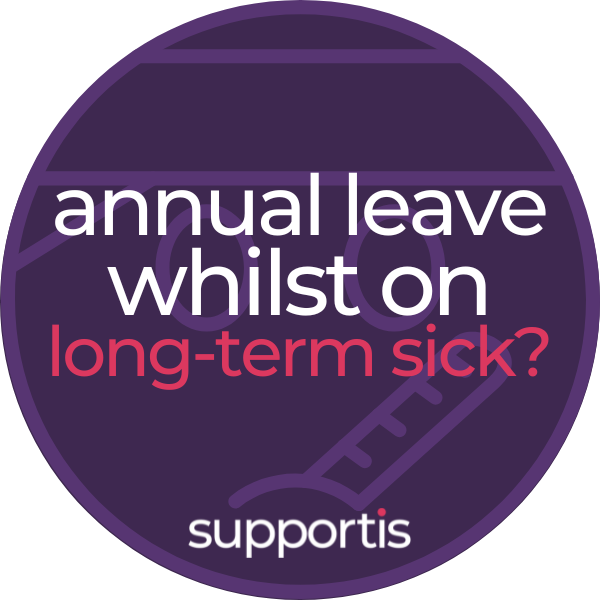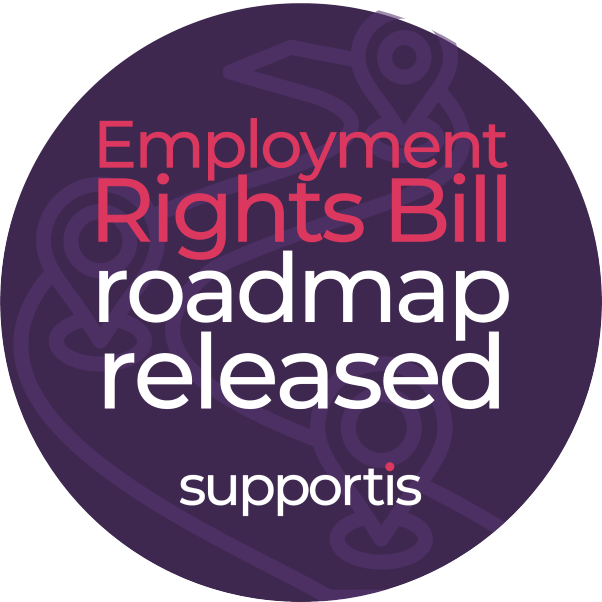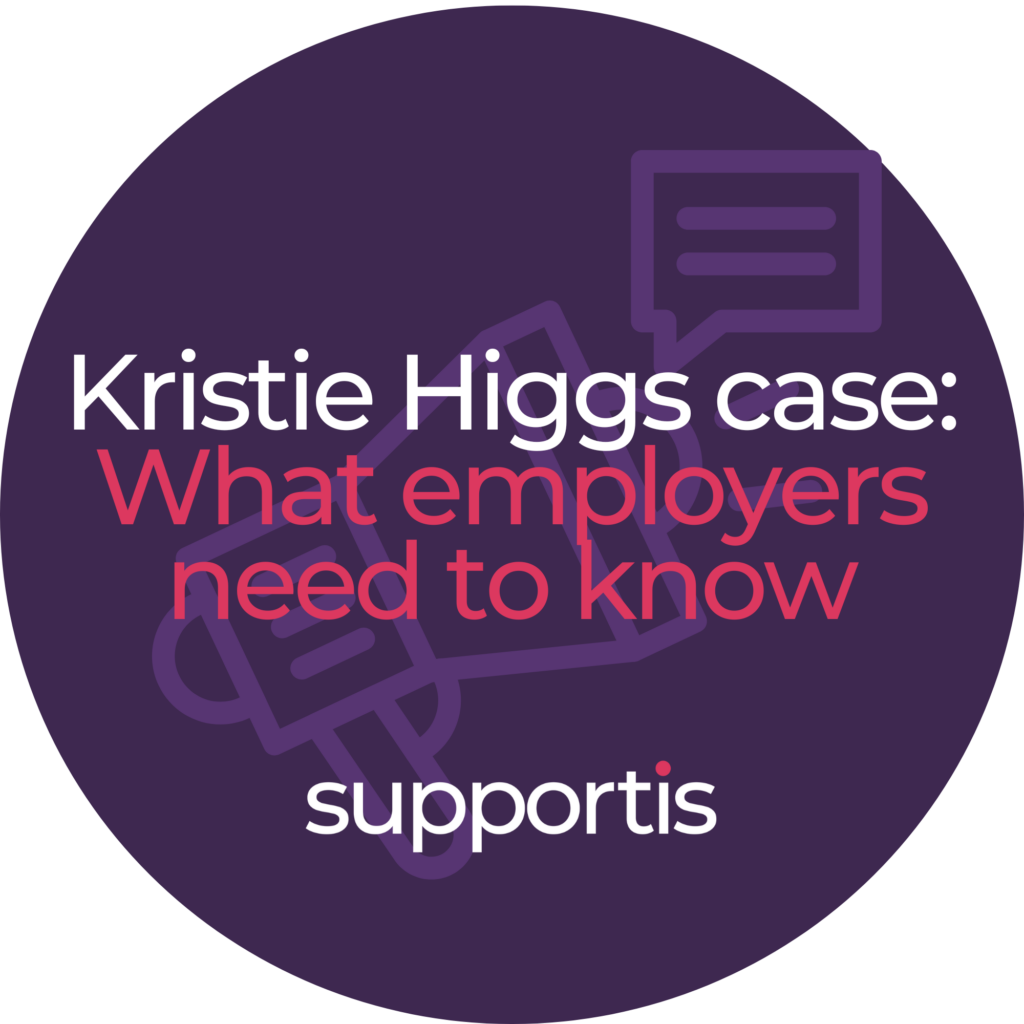Understanding the complexities of annual leave and long-term sickness absence
The interplay between annual leave and long-term sickness absence can be a complex issue for employers. While employees generally have the right to take annual leave, the circumstances surrounding long-term sickness can introduce additional considerations. Generally, employees cannot take annual leave while on long-term sick leave. This is because annual leave is intended for rest and relaxation, while long-term sick leave is for recovery from illness or injury.
Scenarios where employees might attempt to take annual leave during sickness absence:
- Short-term recovery: An employee may experience a period of improvement in their condition and believe they are well enough to take annual leave.
- Medical advice: A healthcare professional may advise the employee to take a break from work, which the employee may interpret as annual leave.
- Avoiding return to work: In some cases, an employee may attempt to use annual leave to delay their return to work after a long-term absence.
Key considerations for employers:
- Company policy: Refer to your company’s policies on annual leave and sickness absence. These policies should outline the procedures for requesting and approving leave, as well as any specific guidelines for employees on long-term sickness (we can help with this! Supportis draft bespoke HR policies for UK businesses from all sectors and sizes)
- Medical certification: Always require medical certification to support any request for annual leave during sickness absence. This helps to ensure that the employee is genuinely fit to take time off.
- Employee’s condition: Assess the employee’s condition and the nature of their illness. If the employee’s condition is such that they are unable to perform their duties, it may be inappropriate to grant annual leave.
- Legal requirements: Be aware of the legal requirements surrounding annual leave and sickness absence. For example, under UK employment law, employees generally have the right to take annual leave, but this right can be subject to certain conditions, such as the employee’s ability to take leave without causing undue disruption to the business.
Tips for managing long-term sickness periods:
- Communicate regularly: Maintain open and regular communication with the employee throughout their absence. This can help to build trust and understanding.
- Provide support: Offer support and assistance to the employee, such as access to occupational health services or flexible working arrangements.
- Consider phased return: If appropriate, consider a phased return to work to help the employee gradually reintegrate into the workplace.
- Review the employee’s role: Assess whether the employee’s role is still suitable for them given their health condition. If necessary, consider making adjustments to their duties or working arrangements.
By carefully considering these factors and following your company’s policies, employers can effectively manage situations involving annual leave and long-term sickness absence, ensuring fairness and compliance with employment law.
Need advice? We offer completely free, no obligation trial advice on managing annual leave and long-term sickness absence, please contact us on the details below. Each situation is evaluated on a case-by-case basis to ensure compliance with employment law and the best interests of both the employee and the company.
For employers requiring further guidance or assistance with HR, Health & Safety, Employment Law or eLearning, Supportis are here to help. Contact us today for a free consultation at [email protected] or on 0161 603 2156.




